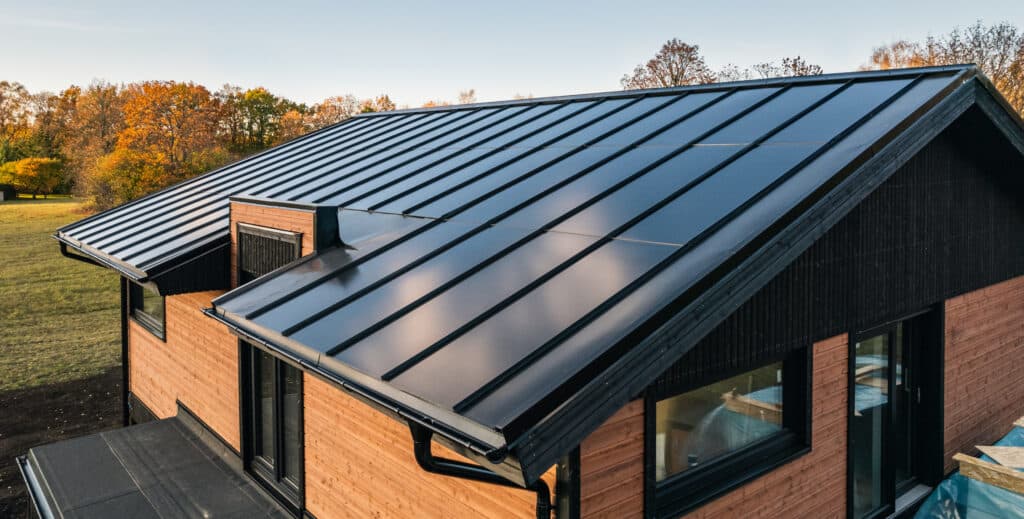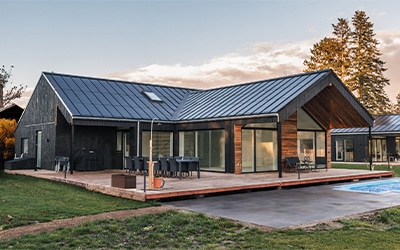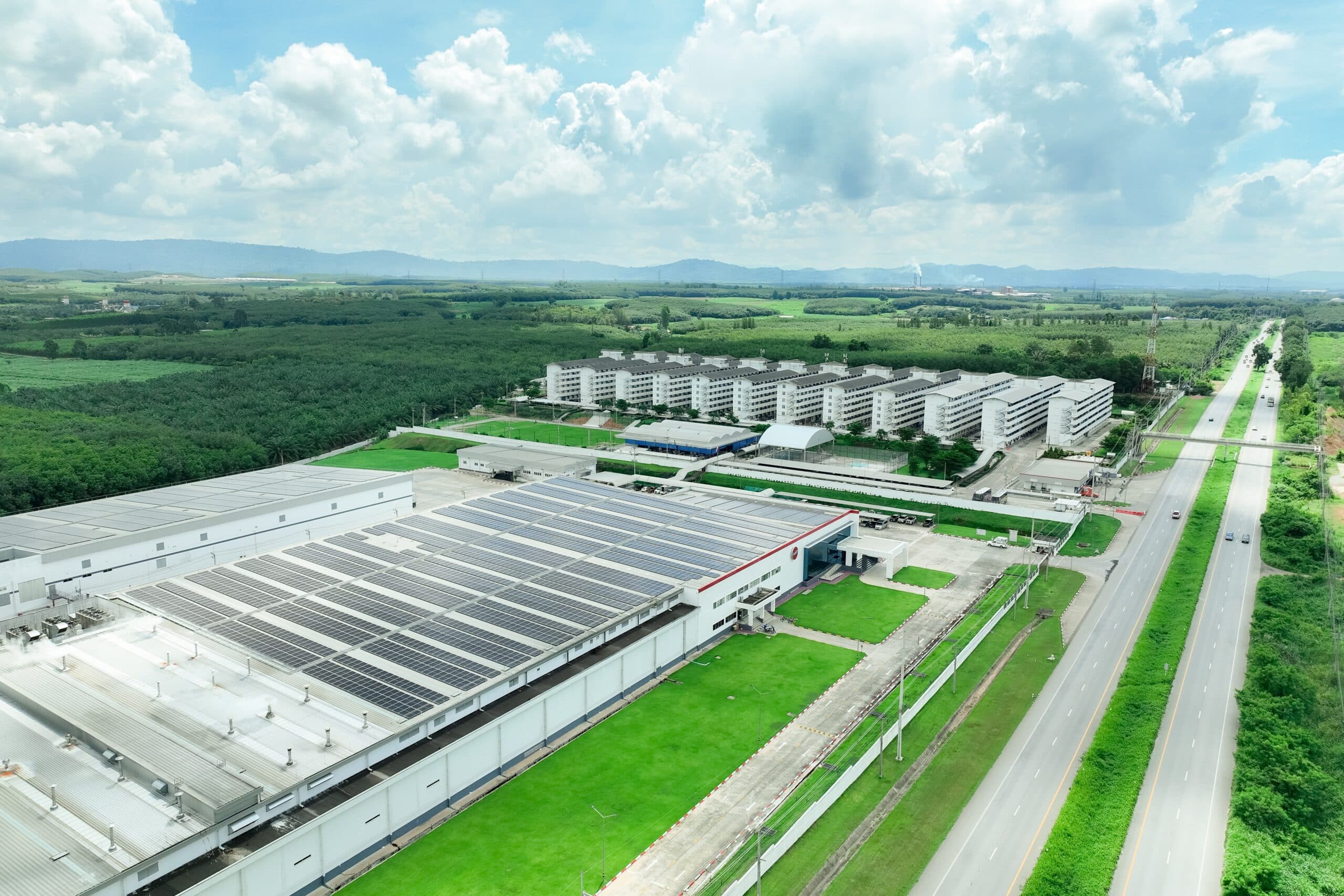Are you considering going solar but unsure of how many panels you need? Look no further! In this article, we’ll guide you through the process of determining the right number of solar panels for your energy needs.
By evaluating your consumption, roof potential, and sunlight hours, as well as considering factors like panel efficiency and battery storage options, you’ll be equipped with the knowledge to make an informed decision.
So, let’s get started on your solar journey!
Understanding Your Energy Consumption
To accurately determine the number of solar panels you need, it’s crucial to understand your energy consumption. By examining your energy usage patterns, you can make an informed decision about how many solar panels are required to meet your needs.
Start by gathering your utility bills from the past year. Look for the kilowatt-hour (kWh) usage, which indicates how much energy you have consumed. Take note of the highest monthly usage, as this will help you determine your peak energy demand.
Next, consider any changes you plan to make in the near future that might impact your energy consumption. Are you thinking of adding new appliances or expanding your living space? These factors will affect your energy needs and should be taken into account when calculating the number of solar panels required.
It is also important to consider the efficiency of your solar panels. Different panels have varying levels of efficiency, so make sure to factor this into your calculations. A higher efficiency rating means fewer panels may be needed to generate the same energy.
Evaluating Your Roof’s Solar Potential
Now let’s delve into assessing how suitable your roof is for solar panels.
Evaluating your roof’s solar potential is crucial before installing solar panels. The first thing to consider is the orientation of your roof. South-facing roofs receive the most sunlight throughout the day, making them ideal for solar panel installation. East and west-facing roofs can also work, but they may produce slightly less energy.
Next, you need to evaluate the pitch of your roof. A pitch between 30 and 45 degrees is considered optimal for solar panel installation, as it allows for maximum sun exposure.
Additionally, the condition of your roof is important. Solar panels require a sturdy and well-maintained roof to ensure their longevity and safety. If your roof is old or in need of repairs, it’s advisable to address those issues before installing solar panels.
Determining Your Daily Sunlight Hours
Assessing your roof’s solar potential allows you to determine the number and placement of solar panels needed for your home, and now it’s time to determine your daily sunlight hours. Knowing the number of sunlight hours your location receives is crucial in understanding how much energy your solar panels can generate.
To start, check your location’s average daily sunlight hours. This information can be found online from websites offering maps of sunlight curves for your specific location. They provide an online database that allows you to input your address and receive accurate data on the average daily sunlight hours for your area.
Check For Solar Shading Risks
Next, consider any obstructions that may decrease your sunlight hours. Buildings, trees, or other structures nearby can cast shadows on your roof, reducing the amount of sunlight reaching your solar panels.
This is known as ‘Solar Shading’, and it can significantly impact how efficient your solar panels are. It’s, therefore, very important to assess your roof’s surroundings to identify any potential obstructions and adjust your calculations accordingly.
Calculating Your Solar Panel Efficiency
To accurately determine the efficiency of your solar panels, you should calculate the ratio of the energy output to the amount of sunlight input. This calculation is known as the solar panel efficiency.
Solar panels are designed to convert sunlight into usable electricity, and their efficiency is a measure of how well they can do this. The higher the efficiency, the more electricity your panels can generate from the same amount of sunlight.
The efficiency of solar panels is typically expressed as a percentage. For example, if your panels have an efficiency of 20%, it means they can convert 20% of the sunlight they receive into electricity. The remaining 80% is either reflected or absorbed as heat. So, the higher the percentage, the more efficient your panels are at converting sunlight into electricity.
Calculating the efficiency of your solar panels can help you determine how many panels you need to meet your energy needs. By knowing the efficiency, you can estimate the amount of electricity your panels will generate based on the available sunlight in your area. This information is crucial when planning your solar system and ensuring it can provide enough power for your daily usage.
Factoring in Battery Storage Options
Now that you understand the factors affecting solar panel output, it’s time to explore the battery storage options available to maximise your solar energy utilisation.
Battery storage is an essential component of a solar energy system as it allows you to store excess energy generated by your solar panels during the day for use during the night or when the sun isn’t shining.
There are different battery storage options to consider, each with its own advantages and disadvantages. The most common type of battery storage for residential solar systems is lead-acid batteries. These batteries are affordable but have a shorter lifespan compared to other options.
Another option is lithium-ion batteries, which are more expensive but offer higher efficiency and a longer lifespan. They’re also smaller and lighter, making them easier to install and maintain. Lithium-ion batteries are commonly used in electric vehicles and are becoming increasingly popular for home energy storage.
You should also consider the capacity of the battery storage system. The capacity is measured in kilowatt-hours (kWh) and determines how much energy the battery can store. To determine the appropriate capacity for your needs, you should consider your average daily energy consumption and the amount of energy you want to store for backup power.
In addition to capacity, it’s important to consider the power rating of the battery storage system. The power rating determines how much energy the battery can deliver at once. This is crucial if you want to power high-energy appliances or if you experience frequent power outages.
Ultimately, the choice of battery storage options will depend on your specific energy needs, budget, and preferences. It’s recommended to consult with a solar energy professional who can assess your requirements and help you select the most suitable battery storage system for your solar panel setup.
Consulting With a Solar Installation Professional
If you want personalised guidance and expert advice on your solar panel installation, it’s time to consult with a solar installation professional.
While you may have done your research and have a general idea of how many solar panels you need, consulting with a professional can provide you with a more accurate assessment tailored to your specific needs.
When you contact Smartly for your solar installations, we will consider various factors when determining the number of solar panels you need. These factors include:
- Your energy consumption
- The size and orientation of your roof
- The amount of sunlight your location receives
- Any shading or obstructions that may affect the efficiency of your solar panels.
By assessing these factors, a professional can calculate the optimal number of panels required to meet your energy goals.
Solar Installations with Smartly
Consulting with a solar installation professional like Smartly ensures that your installation is done correctly and safely.
We have the expertise and experience to handle the technical aspects of the installation process, such as determining the best location for the panels, ensuring proper wiring and connections, and complying with local building codes and regulations.
To find out more about the best solar installations for your property, get in touch with our helpful solar experts. We’re always happy to help and talk you through the installation process.
So, How Many Solar Panels Do I Need?
So, in conclusion, determining the number of solar panels you need is a complex process that involves understanding your energy consumption, evaluating your roof’s solar potential, calculating sunlight hours, and estimating your energy needs.
Factors like solar panel efficiency and battery storage options also play a role in the final decision. To ensure accurate information and guidance, it’s always recommended to consult with a solar installation professional!



